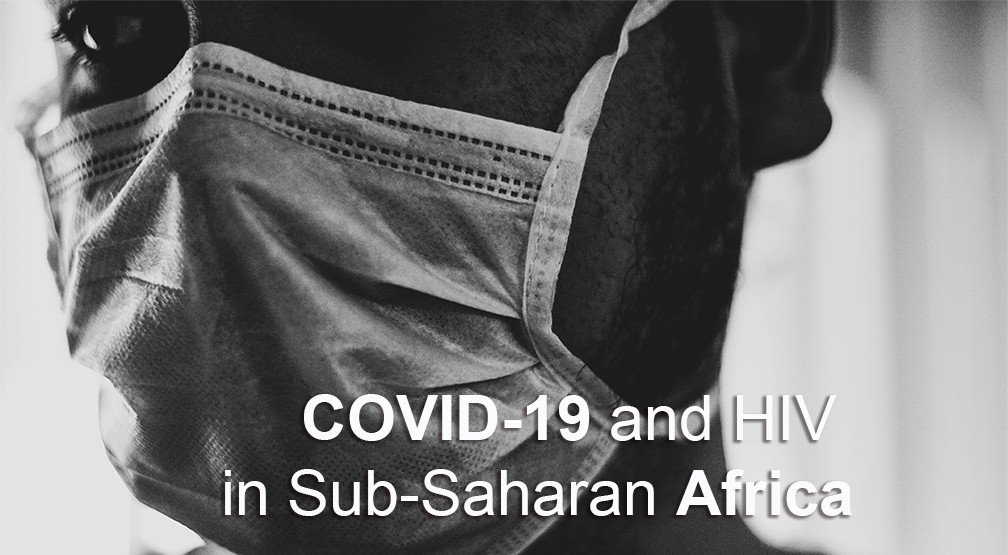Strengthening Disease Surveillance in Nigeria
For the last five years, Ciheb has been supporting the Nigeria Centre for Disease Control (NCDC) in strengthening the nation’s disease surveillance and response capacity. Among the services that Ciheb provided to NCDC was to set up a “connect center.” This center features a toll-free call-in line for the public to ask questions and assuage their concerns about disease events.
When the COVID-19 outbreak arrived in Nigeria on February 28, call volumes at the center began to spike upward. Ciheb was subsequently asked to set up a call center annex to expand the center’s capacity to meet the increasing demand. In addition to providing space for more response terminals at its Abuja offices, Ciheb recruited a team of volunteers to operate the center on a 24-hour basis.
Facilitating Rapid Response
Volunteers at the center screen incoming callers to determine whether they meet the case definition for COVID-19, specifically asking about their signs and symptoms (fever, coughing, fatigue, etc), recent travel history, and whether they have knowledge of contact with an infected person. Those who meet the definition are then referred to the NCDC for testing. The NCDC, in turn, deploys one of several rapid response teams positioned at locations across Nigeria to obtain samples from members of the identified household.
In the first 12-day period, the connect center received over 9,000 calls. Over 600 of these calls met the case definition and were referred to rapid response teams. The connect center has also been tracking passengers from international flights that arrived in Nigeria. More than 22,000 passengers, referred to as “persons under investigation,” were reached by the center.
"We must test and isolate as quickly as possible.” —Dr. Emem Iwara
Ciheb’s Dr. Emem Iwara has been managing the expansion and operation of the call center. She explained that the center is helping to identify those who need to be tested. Currently, approximately 5,000 COVID-19 tests are being performed each day.
Expanding SORMAS
Dr. Iwara is Ciheb’s disease surveillance lead in Nigeria and her team was also recently asked to help prepare for the possibility of an expanded outbreak in Nigeria. Currently, COVID-19 has reached about half of Nigeria’s 36 states. In many of those states, the SORMAS surveillance tool is being used to track the outbreak.
SORMAS, which stands for Surveillance Outbreak Response Management and Analysis System, is an open source outbreak surveillance and early detection tool developed by the Helmholtz Centre for Infection Research. Dr. Iwara’s team is being asked to quickly deploy an abridged version of SORMAS in Nigerian states where it is not yet available. “The deployment is being done in readiness in case the outbreak should extend to those states,” said Dr. Iwara.
SORMAS facilitates increased coordination and data sharing. Dr. Iwara explained that rapid response teams using SORMAS can quickly upload social and demographic data and sample numbers. This data is immediately available to the lab, which is notified by the system that a sample is in transit.
The Road Ahead
Dr. Iwara anticipates that the outbreak in Nigeria is likely to increase substantially over the coming weeks. In comparing her current experience to the Ebola outbreak of 2014, she indicates that Ebola had inspired far more dread among the public than what she currently observes for COVID-19. It was that dread that drove swift preventive action. While the Nigerian Government imposed a lockdown for COVID-19, social distancing is not yet the norm.


